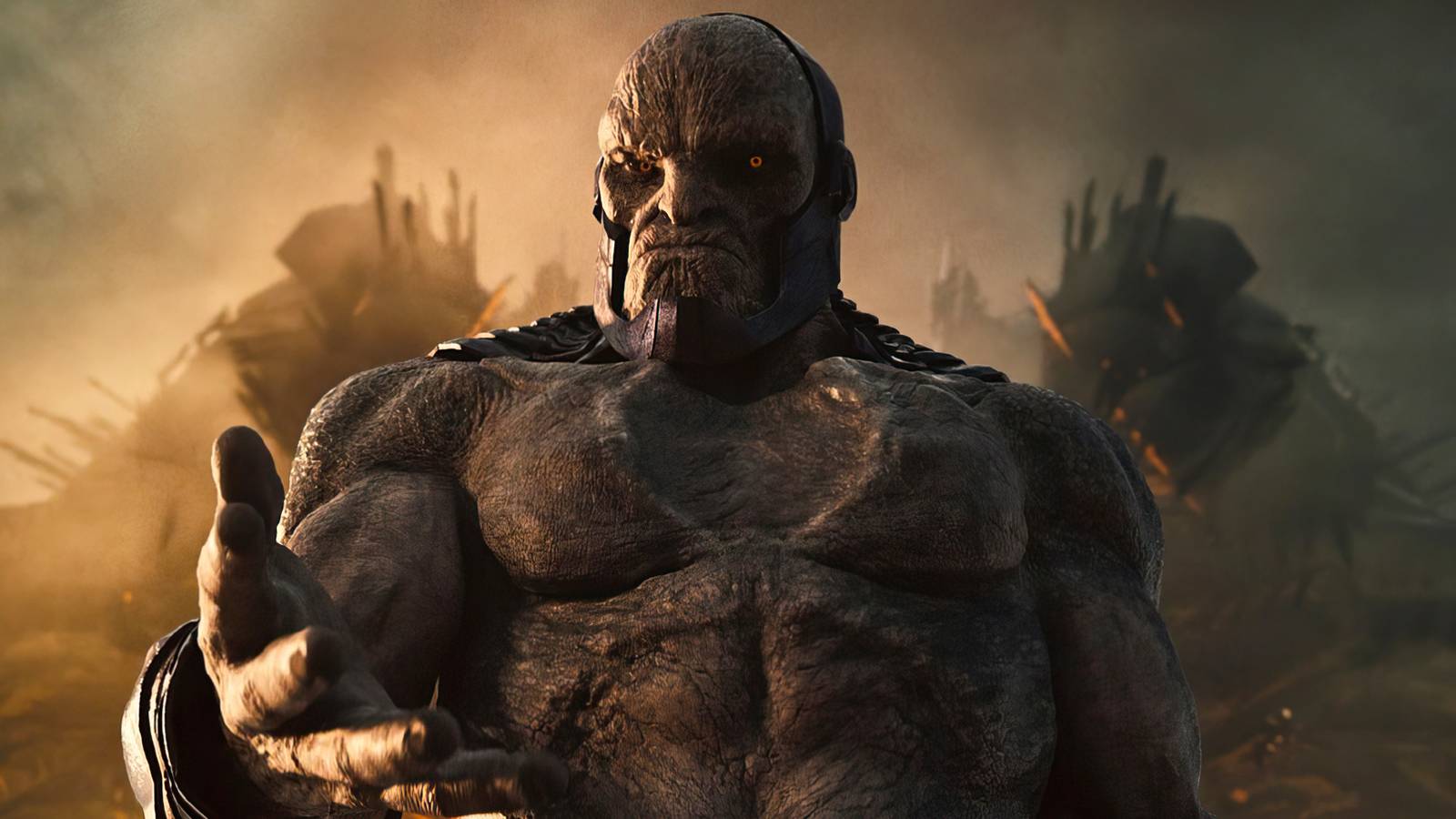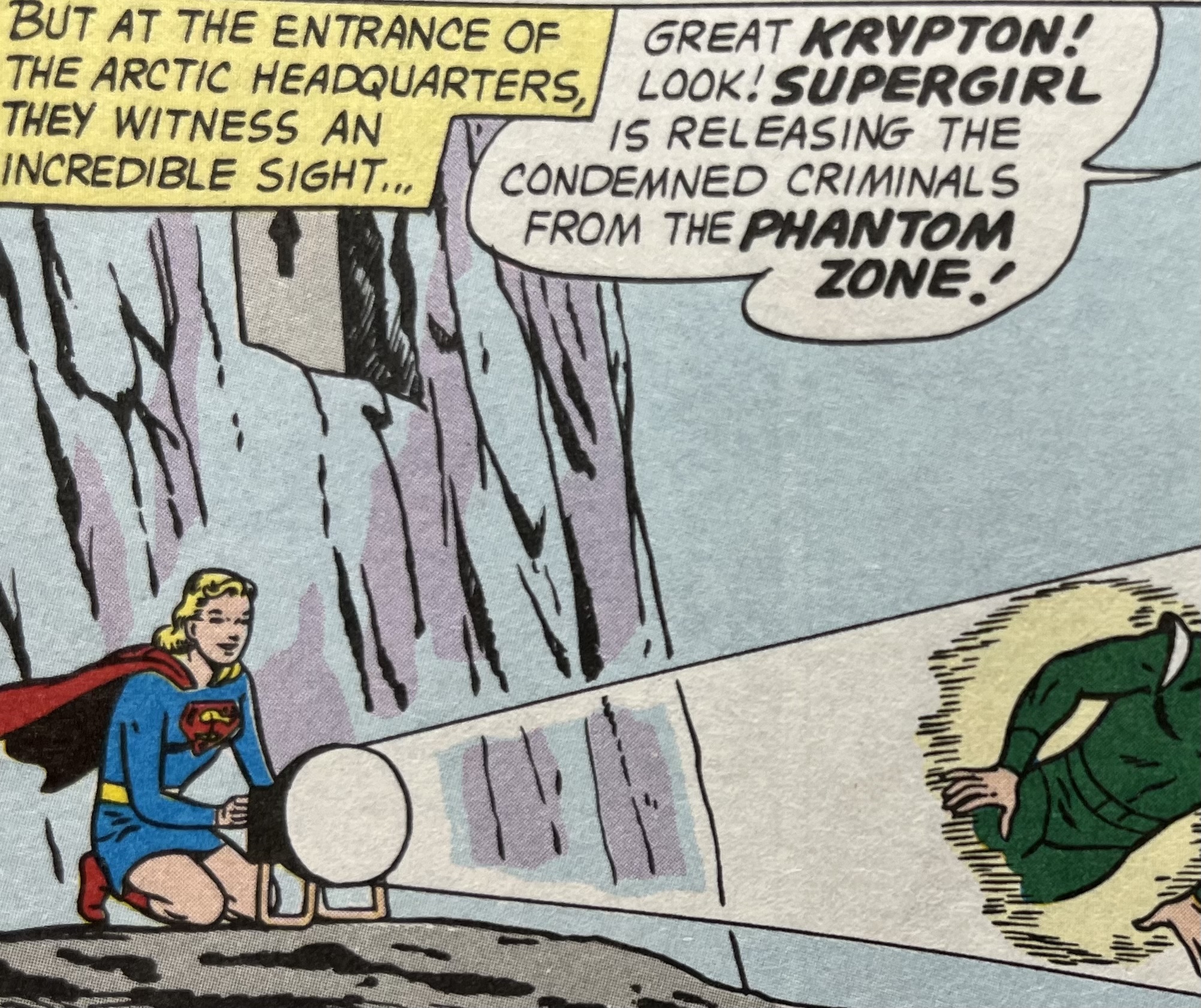
Warner Bros. Discovery may not stay independent for long. Paramount Skydance, fresh off its takeover of Paramount Global last month, is preparing what the Wall Street Journal describes as a “majority cash bid” for the full company. That means everything: Warner Bros. studio, HBO, CNN, Discovery Channel, Cartoon Network, DC Entertainment, and HBO Max. The price tag would be north of $70 billion.
Paramount Skydance is hardly a small fish itself. It already controls Paramount Pictures, CBS, Nickelodeon, Showtime, Comedy Central, and Paramount+, among others. That lineup includes franchises like Mission: Impossible, Transformers, Star Trek, and Top Gun. If they add Warner’s crown jewels such as HBO and DC, that would put two of Hollywood’s oldest studios, Paramount and Warner Bros., under one roof.
Why would David Ellison, the son of Oracle billionaire Larry Ellison, be hunting again just five weeks after spending $8 billion to acquire Paramount? Warner Discovery’s CEO David Zaslav has already announced a plan to cut the company in half by April 2026, separating the declining TV networks from its higher value movie and streaming divisions. Wouldn’t it make more sense for Paramount Skydance to wait until Warner’s most profitable pieces are free of its debt-laden cable properties? According to Variety, analysts are speculating Ellison is trying to get ahead of rivals like Netflix, Amazon, Apple, and Sony that would be interested in the standalone Warner Bros.
But going for the full WBD now gives Paramount Skydance something else: leverage. Robert Fishman at MoffettNathanson argued the strategy could be to prevent a bidding war down the road. Wells Fargo’s Steven Cahall called Warner Bros. “the only large IP asset for sale” in a market where streaming giants are desperate for blockbuster content. He even named Netflix as a potential buyer, though Netflix has no history of major acquisitions.
The move would not come without obstacles. WBD’s enterprise value has spiked to about $71 billion after the potential bid was reported, far higher than what Ellison paid for Paramount. CFRA analyst Kenneth Leon wrote that Warner Discovery’s heavy debt could block a high offer altogether. Even if a deal goes through, Ellison might only see value in Warner Bros. itself, not in Discovery’s struggling TV networks. There would also be regulatory hurdles, though not as severe as the Paramount-Skydance union because Warner has no broadcast network for the FCC to use as leverage.
Remember when Trump announced a multimillion-dollar secret deal with CEO David Ellison?
And then — shocker — Trump approved Ellison buying CBS/Paramount.
Now, Ellison wants to take over CNN/Warner Bros.
This media merger must be blocked as a dangerous concentration of power. https://t.co/H26Lyx3pmB
— Elizabeth Warren (@SenWarren) September 11, 2025
Politics will play a role. Senator Elizabeth Warren already came out swinging, calling the possible merger a “dangerous concentration of power” that should be blocked. But President Trump’s second administration has signaled it favors further consolidation. That reality matters. Trump already signed off on the Skydance-Paramount merger after securing concessions to strip out diversity, equity, and inclusion programs. Warner’s Zaslav himself has told colleagues he expects Trump to accelerate M&A across the industry.
So what does all of this mean for the ordinary viewer? If Paramount Skydance succeeds, two companies—Disney on one side, and Paramount-Warner on the other—would control most of Hollywood’s blockbuster film and television output. That concentrates decision-making power in very few hands, dictating what content reaches theaters, streaming, and TV. It also means more layoffs, something Paramount employees are already enduring with thousands of cuts announced after its merger just weeks ago.
The Redstones, who walked away from Paramount with $2 billion in cash and perks like private jet leases, couldn’t care less. For them, it’s a payday. For everyone else in Hollywood, it might be perceived as just another merger tearing through livelihoods and franchises alike. Will consolidation like this make content better or only more homogenous, with fewer voices deciding what America sees on screen? And at what point does the march for “scale” simply squeeze out the last remaining competition in an industry run by only a couple of corporate giants?
***



















 English (US) ·
English (US) ·